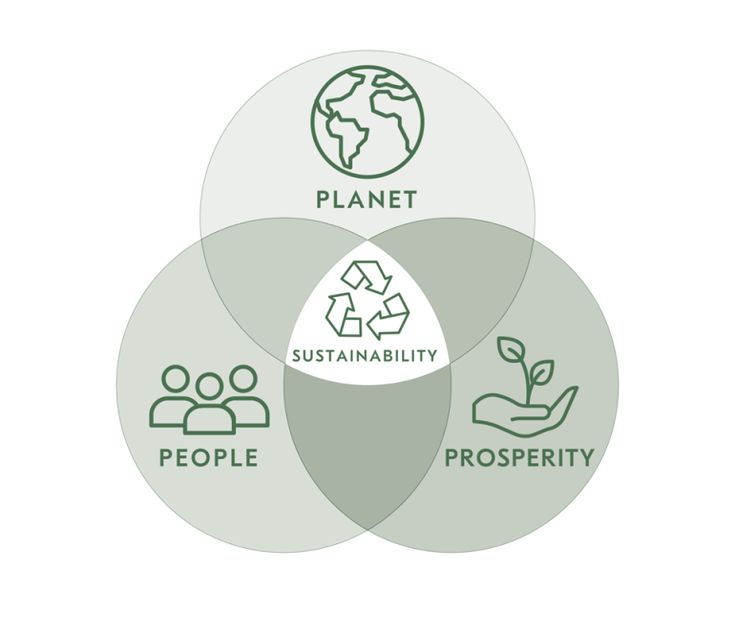
A Blueprint for Long-Term Business Success
In the modern business landscape, sustainability is more than just a trend, it’s a vital strategy for long-term success. Companies are increasingly recognizing the importance of decarbonization and implementing a green system to drive innovation, efficiency, and lasting value. Let’s explore how businesses can integrate sustainable practices into their core operations and why it is crucial for corporate strategy.
Understanding Sustainability in Business

Sustainability in business involves managing financial, social, and environmental risks, obligations, and opportunities. This approach goes beyond compliance with regulations, focusing on enhancing the quality of life for stakeholders, including employees, customers, and the broader community. By adopting a sustainable business model, companies can decarbonize, optimize resource use, and ensure their activities do not deplete natural resources or harm the environment.
Key Strategies for Organizing Sustainability Success
For companies to succeed in their sustainability efforts, effective organization and leadership are crucial. Several key steps that leaders can take to drive sustainability within their organizations:
- Set Clear Goals and Metrics: Establish specific, measurable sustainability objectives that align with your broader business strategy. Regularly review and adjust these goals to ensure ongoing progress.
- Integrate Sustainability into Corporate Culture: Make sustainability a core part of your corporate culture through employee training, promoting sustainable practices at all levels, and leading by example.
- Create Dedicated Sustainability Roles: Assign sustainability officers or form dedicated teams to drive and coordinate sustainability efforts across your organization.
- Leverage Technology and Innovation: Utilize the latest technologies to implement a green system and achieve sustainability objectives more effectively, such as renewable energy, energy-efficient processes, and data analytics.
- Engage Stakeholders: Build strong relationships with stakeholders, including suppliers, customers, and the local community, to foster trust and collaboration in sustainability initiatives.
Why is sustainability crucial for corporate strategy?
Incorporating sustainability into your corporate strategy offers numerous benefits
- Risk Management: Proactively addressing environmental and social challenges helps mitigate risks and avoid legal troubles, supply chain issues, and reputation damage.
- Cost Savings: Sustainable practices, such as reducing energy use and minimizing waste, lead to cost reductions and improved operational efficiency.
- Market Differentiation: A genuine commitment to decarbonizing and implementing a green system can attract loyal customers and improve your brand reputation.
- Long-Term Viability: Sustainable operations help retain stakeholder trust, adapt to market changes, and sustain growth.
- Regulatory Compliance: Meeting current and future environmental and social governance regulations avoids fines and enhances your reputation with regulators and investors.
Embrace Sustainability for a Resilient Future
Sustainability in business is essential for creating a resilient, innovative, and socially responsible company. By understanding what sustainability entails, organizing effectively for sustainability success, and integrating it into your corporate strategy, you can mitigate risks, reduce costs, and build a strong foundation for long-term growth and positive societal impact.


